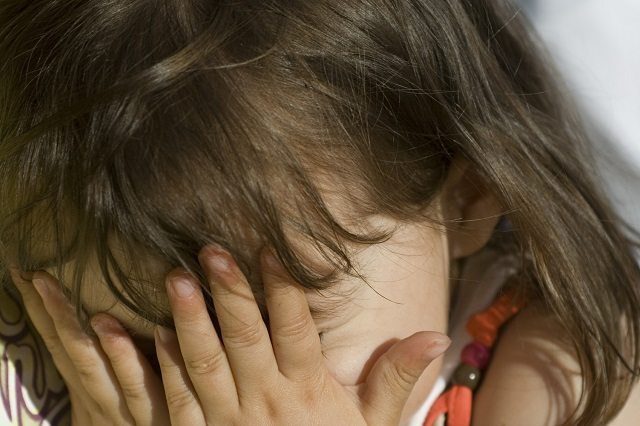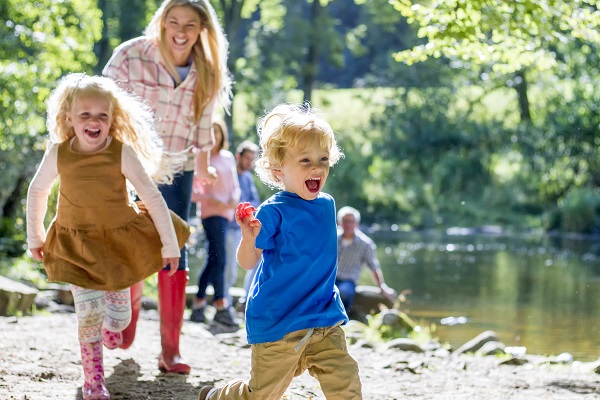As parents, we’ve heard all the excuses in the book for our kids not going to bed. They’ll do anything to get extra time before bed, especially during the summer, bedtime can be a nightmare.
One of the top reasons our kids’ site for not being able to go to bed is ghosts, and as much as this sounds like an excuse not to go to bed, children are terribly afraid of the unknown, especially things that go bump in the night.
Children’s fear triggers are much stronger than adults, and their imaginations are extremely powerful because their cognitive (rational) thinking skills are not fully developed, it’s hard for young children to make sense of their fears.
Fortunately there are things you can do to help them control these fears –
Telling your child not to be scared or that ghosts are not real, can have an even worse effect because you are saying their experience is not real. It’s best to let your child believe in ghosts just like they believe in Santa or the Easter Bunny. Eventually, your child will realise there is very little chance of ghosts being real, but that’s for your child to decide.
A conversation about ghosts can lead to all sorts difficult questions parents do not want to answer, especially if your child is already harbouring an irrational fear. But it’s important for your child that you stay on topic and answer their questions as openly as possible.
Read: How to deal with your child’s fears and phobias
It doesn’t have to be scary, gently talk to your child about what he or she experienced, saw, or heard. By taking the time to get the whole story, you won’t jump to any conclusions and you will have all the facts as your child perceived them. Having this knowledge will help you understand what your child experienced and will give you a better idea of how to handle the situation.
While your child is telling you about their experience, give your full attention. This will make your child feel more comfortable because you are conveying that what you are hearing is important.
It will also encourage your child to tell you the entire story and not just parts of it. Sometimes, if children don’t think they have our attention, or feel we are distracted and not really paying attention to what they are saying, they will not tell us everything that happened.
If your child seems to be upset or afraid, take the time to snuggle up together on the sofa. Wait for your child to calm down, feel safe and comfortable, and then ask what caused the upset or fear. The odds are that your child thinks that ghosts are bad and is worried about getting hurt in some way. Once you take away this fear, your child will be more likely to open up to you and share what happened.
Having children draw their monsters or ghosts has shown to be really helpful. You can even have them make a story around it, and guide that story to one that has a positive or playful ending. Or buy a book with ghosts that has a happy ending.
maternity & infant
Originally posted 2016-07-05 15:24:29.









